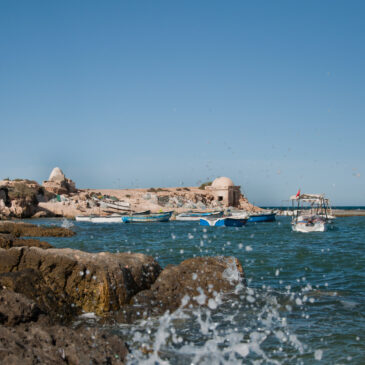News Highlights: First shipwreck of the year off Libya, Frontex Director under scrutiny, Desperate humanitarian needs in Tigray
In this week’s news highlights: Dire needs as population and refugees in Tigray region face hunger and starvation; Amidst relocation, refugees at Sudanese border require supplies; Witness report of killings in Axum; At least 43 sea casualties off Libyan shores; Frontex Director under pressure amidst allegations of illegal pushbacks and misleading MEPs; EU Court of Justice rules it prohibited to deport minors without ensuring adequate reception services; IOM advocates reform of European migration policy under current EU Presidency; Major COVID-19 outbreak among asylum seekers in Kent barracks; 150 migrants and refugees attempted to climb over the fence into the Spanish enclave Melilla; Long-term accommodation needed in Bosnia and Herzegovina for refugees and migrants; 1.3 millions of migrants left the UK in one year; In the fight against COVID-19, vaccination for refugees and migrants are critical; Migration expected in 2020 falls short due to COVID-19.
For frequent updates about the situation in the Horn, please see the EEPA Horn situation reports.



